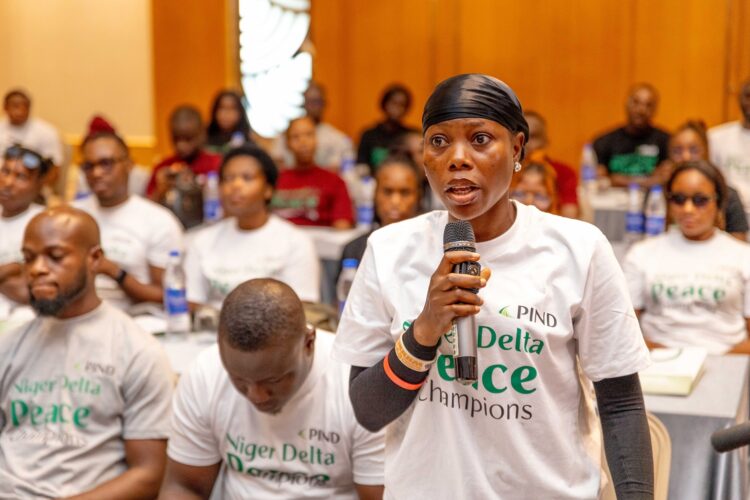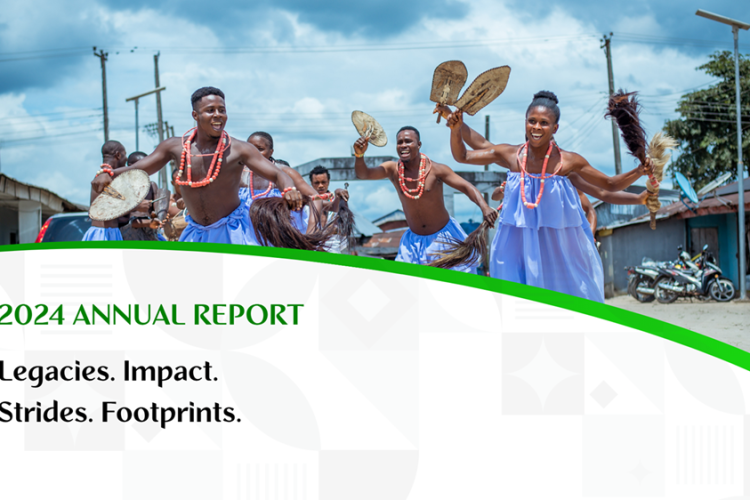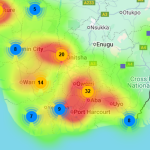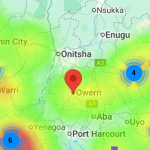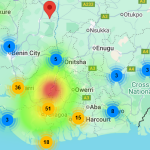
Niger Delta Conflict Tracker (June – July 2019)
August 27, 2019
NNPC/Chevron Joint Venture expends over N20.6b on 600 projects in Niger Delta
August 27, 2019
The Partnership Initiative in the Niger Delta (PIND) has assured oil palm producers of value addition, best practices, and profitability in the oil palm value chain.
Dr. Samuel Dare, a consultant on oil palm value chain and co-facilitator in the oil palm intervention, gave the assurance at a stakeholder meeting on Monday in Port Harcourt.
The meeting organized by PIND for oil palm producers, processors, finance institutions and related equipment fabricators in the state, was initiated to renew confidence in the oil palm value chain.
Dare, who is also a representative for market development on oil palm in the Niger Delta, said that PIND as an organization and facilitator in the oil palm value chain had brought together expertise in order to address the endemic constraints in the sector.
“For effective results, we have introduced access to improve and certified seedlings because we have discovered that there are lots of adulterated seedlings that our smallholder farmers are getting.
“And as a result of poor yield by these seedlings, farmers end up being discouraged after investing over seven years of their business lives using wrong inputs,” he said.
Dare said that as part of measures toward ending the unfriendly farmers’ experience and once again bring the oil palm agriculture business to the limelight. He said PIND had decided to set in its corrective measures from the beginning which is the introduction of improved and certified seedlings.
USAID, PIND advocate for Gender-friendly Agric Policies
MADE helps to improve market linkage for smallholder farmers in Edo and Delta State
“PIND has had several agreements with Sprouted Hybrid Tenera nuts producing companies to ensure that improved sprouted nuts could be available to smallholder farmers across the oil palm producing states in the country.
“Presently, the global value for palm oil stands at 500 million dollars, of which initially Nigeria was the highest contributor as at the 1950s and 1960s.
“At that time, Nigeria was producing about 570,000 metric tons but currently, Nigeria now produces about one million and fifteen thousand metric tons, in spite of all these, we contribute only three percent of the global production,” he said.
According to him, the record is not encouraging, especially that Nigeria has the climate and soil which is why most of the oil palm estates in Nigeria are owned by foreign investors from Indonesia, Thailand or even Malaysia.
“Some palm estates owned by Nigerians have been sold out to foreigners who are managing them very well with best practices, a strategy which is lacking among the smallholder farmers and which is also one of PIND’s interventions”.
“Harvesting, processing equipment and access to agricultural loans were also key to the intervention,’’ he said.
Reacting, one of the participants, Mr. Godwin Akandu, Representative for PIND and Chairman, Oil Palm and Cassava Producers in the state, expressed satisfaction on farmer’s participation in the oil palm business.
Akandu commended PIND for introducing improved tenera seeds, equipment and financial collaboration with the CBN and Money banks, adding that the measure would add value in the entire oil palm business.
He urged state government and farmers to invest more in the sector.
(NAN)




